Savoring the Differences, North and South Poles
This month, award-winning columnist Rheta Grimsley Johnson writes about her love for Iuka and Pass Christian. The two towns are at opposite poles of the state, yet they each hold the title of "home."
- by Rheta Grimsley Johnson A Box of Free Books at the South Pole
This month, Rheta brings her dreams of being a Little Free Librarian to Pass Christian and sets up shop on Second Street. Stop by and check it - and a book - out!
- by Rheta Grimsley Johnson Wasted On Youth
From dreaming of bathing suits to dreading swimsuits: award-winning columnist Rheta Grimsley Johnson takes a fresh look at beach fashions.
A Place With Spit and Shine
Award-winning writer Rheta Grimsley Johnson looks at tried and true tourist attractions across the country and puts forth an idea that involves a giant shrimp po-boy.
- by Rheta Grimsley Johnson
My house doesn’t have stained glass like the chapel, and, so far as I know, there have been no weddings performed here. I’d be willing to bet, however, a few divorces have gone down.
There are so many building styles in our little town that I consider the place an architectural museum, not a bad civic slogan if the Pass needed one, which it doesn’t. Pass Christian, An Architectural Museum and Gem of a Town. Or, Pass Christian, Don’t Pass By Without Buying a House. The Pass already has one or two slogans – Nature’s Gift to the Gulf Coast and Birthplace of Yachting. I tend to like food-related slogans a little better and wish ours mentioned shrimp or oysters, at least the fish tacos at Hook. If you can get passersby thinking about etouffee or bread pudding, you don’t really need a chamber of commerce. Build a po-boy, they will come. Most all towns have mottos these days, a bid for tourism, which has become competitive sport. A lot of the civic slogans have to do with vegetables for some reason. But also common are watermelons, sweet potatoes and, not so much, poke sallet. Water Valley, Miss., used to have a Poke Sallet Festival, but I think they’ve changed that to watermelon. More people eat it. I guess the best town motto I ever heard about but did not see was in Hooker, Oklahoma, where the welcome sign read “It’s a location, not a vocation.” I don’t think it’s wise to change up your slogan to fit the times, which always are a changin’. You should stick with your main civic strengths. I think Wilson, Kansas has done a good job of this, advertising its art in the park, beckoning travelers to visit the “World’s Largest Czechoslovakian Egg.” I saw the egg, not yet painted to perfection, just a big black orb awaiting tourists, to Wilson what the Eiffel Tower is to Paris, the Manneken Pis to Brussels.
It would fly in the face of our tasteful culture to construct The World’s Biggest Poboy in War Memorial Park, but it would bring in a lot of tourists. Children could climb up the lettuce leaves while their parents take photographs of giant shrimp with their telephones. I dare you to go back and parse that sentence.
It’s probably clear by now why I’ve never been hired to work in tourism. I don’t often agree with movers and shakers about what needs moving and what needs shaking. Memphis, for instance, built a pyramid to stress its Egyptian ties that nobody – nobody! – thinks about. What the city needed was a big Elvis, looming over the Mississippi River, one blue suede foot in Tennessee, the other in Arkansas. Maybe it’s best I stay at home in my A-frame, modified, counting the squirrels in the hickories. Which reminds me to ask: Why isn’t Pascagoula known as the Home of the Berserk Squirrel? It Starts With Tea and That Stands For Trouble
This month, Rheta visits a tea-room in another coastal community and reflects on the lifestyle that makes the Mississippi Gulf Coast unique.
- by Rheta Grimsley Johnson
I once, for instance, swooned over St. Simons Island, Ga., my throw-a-dart-at-the-map honeymoon destination in 1974. I actually lived there one year as a clueless newlywed. My former husband and I, not long out of journalism school, soon headed back to the island and tried to start a weekly newspaper, which lasted all of 26 weeks. We threw 3,000 freebie newspapers to every fine home on the swell island, trying to convince advertisers and ourselves that The St. Simons Sun was a good idea. I recommend the exercise as a sure-fire diet.
I was too tired to cry when it became obvious The Sun was setting forever. We packed the VW van with our hippie furniture and slunk back home. It was obvious we belonged in landlocked Alabama, not on a fantasy island. I’ve been back to St. Simons, of course, a couple of times. But that melon-colored place is so over-populated now, with so many golf holes punched into its manicured landscape, I don’t see how it still floats. It’s over. There was a 1970’s fling with Ocracoke Island, N.C., which, once upon a time, I deemed a dream retirement zone. It’s easy to think that way while cycling the Outer Banks in the month of May. When I returned 20 years later, I knew it wasn’t happening. Despite chockablock houses, cost of living is high, availability low. Even in Florida, I once grew misty-eyed. Apalachicola seemed bona fide, but then developers found it. Now you can’t swing an oyster shuck without hitting a boutique. Not to mention it’s surrounded by, well, Florida. The Mississippi Coast is different, and oddly sturdy, a hybrid. I like to think of it as what would happen if the old Florida Panhandle and New Orleans had a love child. In my mind, it’s imperfectly perfect. So I had to be extra careful not to gloat recently while visiting my husband’s son and family at their new beach house. They have a nice cottage on North Carolina’s Ocean Isle Beach, a pretty and evocative name that’s nonetheless impossible to remember in the correct sequence. Beach Ocean Isle. Isle Ocean Beach. At any rate, it’s not far from the South Carolina state line and Myrtle Beach. My husband has two beautiful granddaughters, and they don’t yet know what to make of me. Being the grandfather’s relatively new wife is like being a pimple on prom night. I try not to draw attention to myself. The teenage girls wanted to go to a tea room in Calabash, the nearest town of any size to Ocean Isle, or OCB as the decals say. A tea room? At the beach? Bikini optional? I agreed to go, of course, because that’s what a new family member does. And I was a sport, picking out a Derby-worthy hat from the tea room rack, same as the girls. We looked like a Disney film from our necks up. We sat at a window table, and the oldest granddaughter demonstrated how to pour tea properly. And we ate all the pretty but meager finger foods that arrived on a silver triple-tier while talking about their future weddings and other gauzy topics. It beat volleyball. I think I was popular, briefly. The outing made me think. Maybe all Pass Christian needs to make it complete is a grocery store and a tea room, not necessarily in that order. A place where mothers and daughters, grandmothers and granddaughters, engaged couples, anniversary celebrants, christening participants, badly sunburned visitors and others could go to take stock and have tea. Already we have an oil and vinegar store and a cigar bar. Can a tea room be far behind? 
Rheta Grimsley Johnson is a 40-year veteran of Southern journalism and author of several books (see below). She has worked as a columnist for newspapers in Memphis and Atlanta and today is syndicated by King Features of New York.
She writes original monthly essays for The Cleaver from her home across the bridge in Pass Christian where she spends roughly half of each year. The rest of the time she lives in Iuka, Miss., in an old farmhouse in a cold, dark hollow.
Rheta Grimsley Johnson books are available at the regular online outlets or the charming local bookstores that make buying one a fun experience - Bay Books and Pass Books/Cat Island Coffeehouse
Belly Up in the Aftermath Lounge
by Rheta Grimsley Johnson
- This month, Rheta discovers "Aftermath Lounge," a novel in stories by Margaret McMullan, a writer with Pass Christian roots.
 author Margaret McMullan author Margaret McMullan
Today, at age 55, she is excitedly planning her return. Her father, Jim McMullan, died “on a chilly spring day when the lilacs had just started to bloom.” Her mother still lives in the pale yellow house, and soon Margaret and her husband, Pat O’Connor, will, too.
There are many voices and perspectives in Aftermath Lounge, cutting across income and class lines, showing the true democratic nature of disaster. One sentence early in the book hooked me, made me know I’d read the whole book, quite possibly more than once: “Norma had never thought much about why she lived where she lived just as she had not thought much about being with Sam all these years … not until now. But standing there, looking out Miss Betty’s window, Norma felt just then a vague sense of relief that at least she and Sam were not landlocked. At least here there was always something or at least the chance of something wonderful, terrible, or dangerous coming at them and it was up to them to see it through….” That’s why I’m living on the Gulf Coast, I think. At least I’m not landlocked. If you’ve ever read much at all, you might tremble at the foreshadowing. But the subtlety of her characters and place descriptions lends to the power of the narrative. She doesn’t beat us over the head with the two-by-four of wind and water. She doesn’t tell, she shows. “It was tight quarters inside the trailer. There was the kitchen with its toy-sized plastic sink, a table with two attached seats, and then the bed in back, taking up almost half the space. Spread out on an empty flour sack on the kitchen counter was a sea of broken bits of blue and white china, and next to it a stack of glue-together plates….” Margaret McMullan will be reading and signing her books at Pass Books on Friday, April 24, at 6 p.m. She has written six other novels and recently edited the collection Every Father’s Daughter, 24 Writers Remember Their Fathers. Catch her if you can. 
Rheta Grimsley Johnson is a 40-year veteran of Southern journalism and author of several books (see below). She has worked as a columnist for newspapers in Memphis and Atlanta and today is syndicated by King Features of New York.
She writes original monthly essays for The Cleaver from her home across the bridge in Pass Christian where she spends roughly half of each year. The rest of the time she lives in Iuka, Miss., in an old farmhouse in a cold, dark hollow.
Rheta Grimsley Johnson books are available at the regular online outlets or the charming local bookstores that make buying one a fun experience - Bay Books and Pass Books/Cat Island Coffeehouse
Bob, Bob, Bobbing Along by Rheta Grimsley Johnson - This month - Rheta remembers when "a bobber could mean the difference between a fish fry on the bank or a long and depressing drive home."
 I come here often, despite that on warm weekends the place is full of tourists and college kids who fill the tables on the breezy deck and remind me I am no longer young and willing to lie prone on the beach till I render myself the Crayola box color called Burnt Sienna. Bars come and go so fast in the Pass that nobody knows anyone’s name anywhere anyhow. A friendly waiter named something youthful like Justin or Taylor introduced himself, took my order and pointed to the abbreviated fishing pole sticking out of a block of wood. I had mistaken it for table decoration but it had, he said, a utilitarian purpose. “If you need anything, push up the bobber,” he instructed, sliding the piece of cork up the nylon line in the same absent-minded fashion flight attendants use to show you how to put on a life-saving oxygen mask. I’ve seen that oxygen demonstration hundreds of times, but if ever I needed the mask I’d require a quick refresher course. I think the young man said push “up” the bobber, though my failing memory may have recorded that backwards. He might just as easily have said pull the bobber “down” for attention and service. I can’t remember now, and I couldn’t remember then, but I did notice my faithful server was frequently popping over and asking if I was okay, needed water, wanted condiments, lusted after pie or loved my mother. It wasn’t until after I left that I realized I must have had the infernal bobber in the wrong and needy position. I should be thankful that this wasn’t one of those high-tech restaurants with its menu on a computerized device. I’ve lately encountered that a couple of times. The menu items slipped around in virtual space like BB’s on linoleum. It only made me long for an old-fashioned, laminated, tri-fold menu smeared with the last customer’s meal. But back to that bobber. I remember when positioning your bobber was of utmost importance, not a gimmicky way to summon your server. In the tannic-acid blackened creeks and streams of South Georgia where I did most of my fishing, a bobber could mean the difference between a fish fry on the bank or a long and depressing drive home. My grandmother Lucille – the most serious fisherman in the family – would check to make sure my bobber kept the seductive worm swimming in the temptress position, not dragging the muddy bottom. It was an exact, yet entirely intuitive process that I never got quite right. Lucille, on the other hand, spit snuff and took names. There was nothing recreational about fishing to that woman. She was all business. I liked fishing but for another reason. I would sit on an upturned bucket on the creek bank and daydream about lovely lavender prom dresses and boys with crew cuts until the setting sun lit up the cypress trees like a Tiffany lampshade. Fishing was a good time for such quiet thinking, as adults seemed sincerely to believe that fish could hear a child’s every utterance and would quickly swim downstream and away if they suspected we were about. My grandmother had speaking privileges, of course, though she rarely used them when fishing. Youngsters were to remain as quiet as the worms in the coffee can. Not to brag, but I learned on these fishing outings to be contemplative while outdoors. Looking around the cute harbor restaurant the other day, I decided it’s a lesson that ought to be brushed off and taught again. Children were ruling at several tables, and not benevolently. Two boys, both of them too old for the baby fat that made climbing onto the restaurant’s high stools a challenge, created a ruckus when the food did not suit. I wondered why they weren’t outdoors fishing on this fine day instead of ordering soft drinks and fries. But I didn’t stick with that line of inquisition long. I was in no position. Why wasn’t I outside with a real pole instead of indoors reminiscing as I ate? I pushed or pulled the bobber and asked for my check.
Rheta Grimsley Johnson books are available at the regular online outlets or the charming local bookstores that make buying one a fun experience - Bay Books and Pass Books/Cat Island Coffeehouse  Rheta Grimsley Johnson is a 40-year veteran of southern journalism and author of several books (see below). She has worked as a columnist for newspapers in Memphis and Atlanta and today is syndicated by King Features of New York. She will be writing original monthly essays for The Cleaver from her home across the bridge in Pass Christian where she spends roughly half of each year. The rest of the time she lives in Iuka, Miss., in an old farmhouse in a cold, dark hollow. No Bottles, No Livestock, No Hank or Boo The sign says “No Dogs Allowed” in red letters, like Jesus’ words in the Bible. So whenever I cross the bridge from the Bay side and see that unequivocal sign, I always tell Hank to keep his fuzzy gray head down. Hank -- the found hound who wandered into my life at the folks’ house near Montgomery, so naturally he had to be named “Hank” – often rides in the passenger seat of my red Mini. Hank knows I’m being too literal about that sign, that it must mean no dogs allowed in the pedestrian lane. But he hunkers down anyhow. Can’t be too careful. Truth is, you do have to watch where you take a dog on this coast. In Harrison County, the law is no dogs on the beach. Here our dogs fall into the same category as wine bottles and motorized vehicles. Dangerous, destructive blights. East or West of us, in Jackson and Hancock counties, dogs on the beach on a leash are all right. Same dogs, just different counties. And yet rare is the day I don’t see dogs with their owners on the Pass Christian and Long Beach beaches. Are local Labradors and Yorkshire terriers mocking the law? Are some pet owners privileged, others not so much? I phoned Pass Christian City Hall. Not our purview, they said. The sheriff’s department is in charge of keeping marauding canines off the beach. Call them. So I did. And again, the buck was passed. Call the Sand Beach Authority, a dispatcher suggested. I phoned the Sand Beach Authority. Yes, Virginia, there is such a thing. The genial man I talked to at the SBA said the county sometimes gives warnings to dog owners, but in the 26 years he’s been with the authority he’s never heard of anyone actually paying a fine. So my heart gladdened, and I briefly believed the dog prohibition might be like one of those archaic laws against spitting on the sidewalk. I decided I might take Hank and his brother Boozoo for a beach walk. On a leash, of course. With a bag for clean-up, of course. The very next day a friend told me an acquaintance had been ticketed and must pay $85 for walking his dog on our beach. I guess that pooch really rubbed the law the wrong way. And, once the subject was broached, yet another story was told about a woman who had a policeman yell at her from his car when she was spotted with her puppy at the wave lap line. So I called the Harrison County Justice Court ticket office where a helpful woman had to look up the ordinance and get back to me. If caught and ticketed, you’ll pay no less than $25, no more than $500, depending on the judge’s mood. And you could do jail time, though no more than 30 days. Or at least that’s the letter of the law and enough for me to keep Hank and Boozoo off the sand. There’s no sight more joyous than a dog on the beach, legal or otherwise. Not all dog-owners are responsible and clean up after Rover makes a deposit, but I’d be willing to wager 99.99 percent do. At a swell North Carolina beach I visited last Labor Day, Ocean Isle Beach, there were more dogs than people. I never once saw untidy evidence. And on Hancock and Jackson counties, it appears humans are the ones who more often leave a mess. There’s a real demand for beaches where Fido can frolic with the rest of the family. When you check out Travelocity and other internet travel sites, would-be tourists often ask: “Are dogs allowed on the beach?” “We’ll stay in Texas,” one tourist responded when told of the Biloxi ban. “Let ‘em keep their empty beaches.” And though I feel badly for the stymied travelers, it’s a much worse situation for permanent residents who must figure out exactly where to walk their dogs. There are no sidewalks on my end of Second Street, so I try to keep my two dogs on the edge of neighbors’ yards to avoid the traffic. But many of the lawns are full of sand spurs. I swear dogs can smell them. My two had rather take their chances with a Hummer than a sand spur. Even using their leashes, it’s hard to keep them out of the road. Whenever a car is coming, I pull Hank and Boozoo, against their will, into the loaded grass. We struggle against one another to get to the deserted side streets where a dog can’t do much to hurt the vacant lots and forsaken foundations. Last summer when Hancock County Board of Supervisors accidentally – or so they said – banned animals on the beach, a great and righteous cry of indignation rose up from residents who enjoy walking their dogs near the ocean. I suspect some of them moved to Hancock County for that reason. That portion of the ordinance that prohibited leashed dogs and fireworks soon was retracted. Squeaky, dog-owning wheels got greased. Now I drive 8 or 10 miles to the Wolf River Nature Preserve to walk Boo and Hank who will follow me anywhere. I’ve always hated the idea of getting into a car to walk. But it beats sand spurs on their pads or 30 days in the joint. Books by Rheta Grimsley JohnsonYou can find Rheta Grimsley Johnson's books in bookstores nationwide and also at Bay Books (131 Main Street, BSL).
|
Categories
All
Archives
April 2024
|
Shoofly Magazine Partners
Our Shoofly Partners are local businesses and organizations who share our mission to enrich community life in Bay St. Louis, Waveland, Diamondhead and Pass Christian. These are limited in number to maximize visibility. Email us now to become a Shoofly Partner!

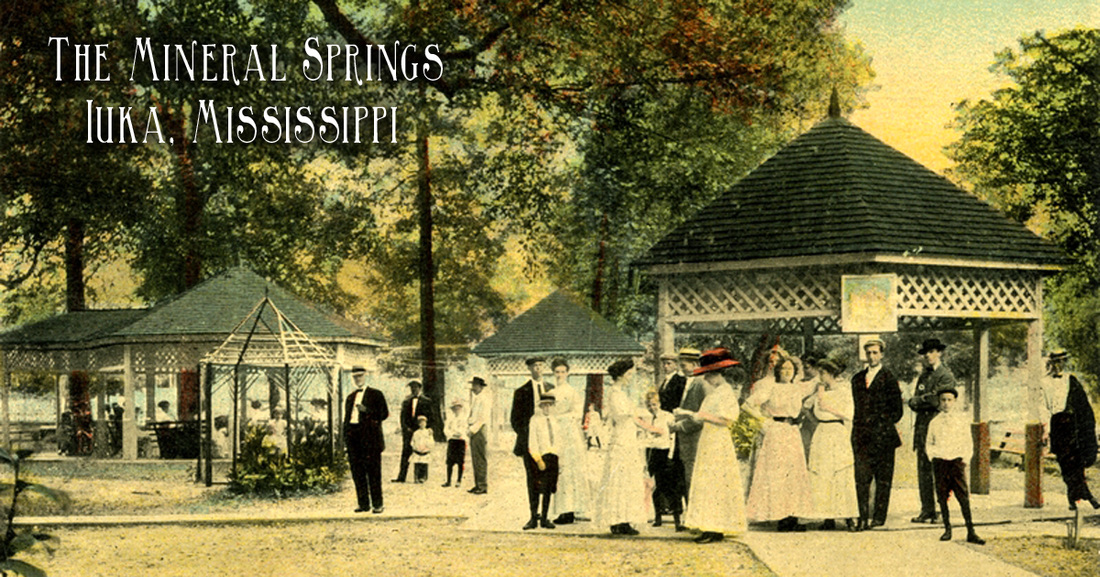
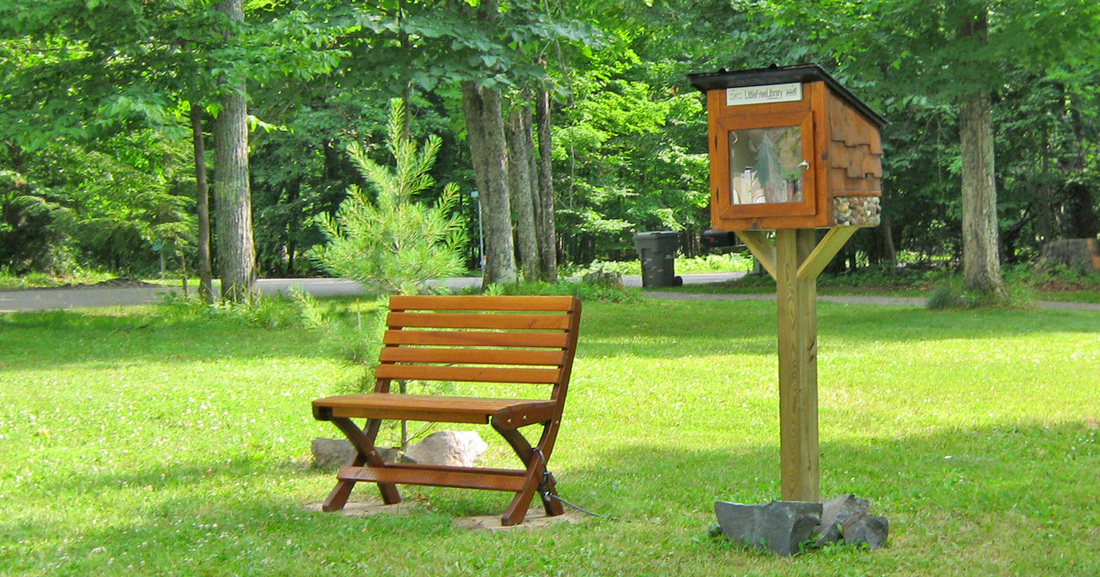
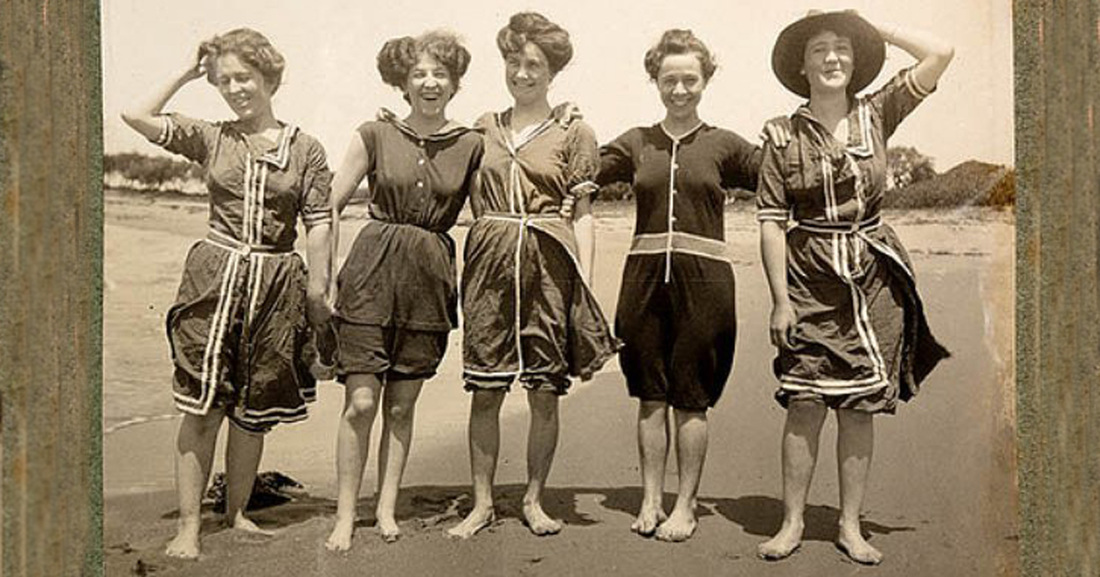
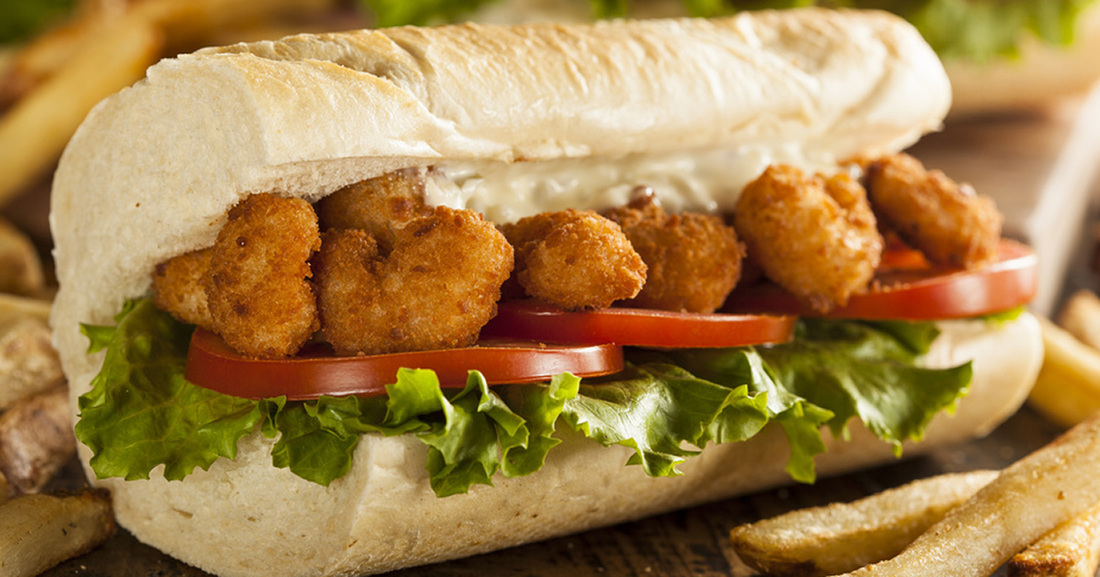





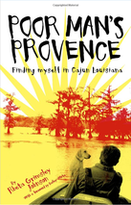
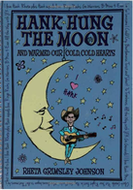





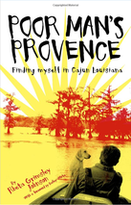
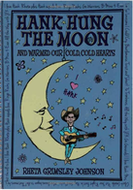




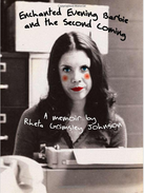
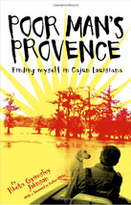
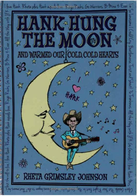

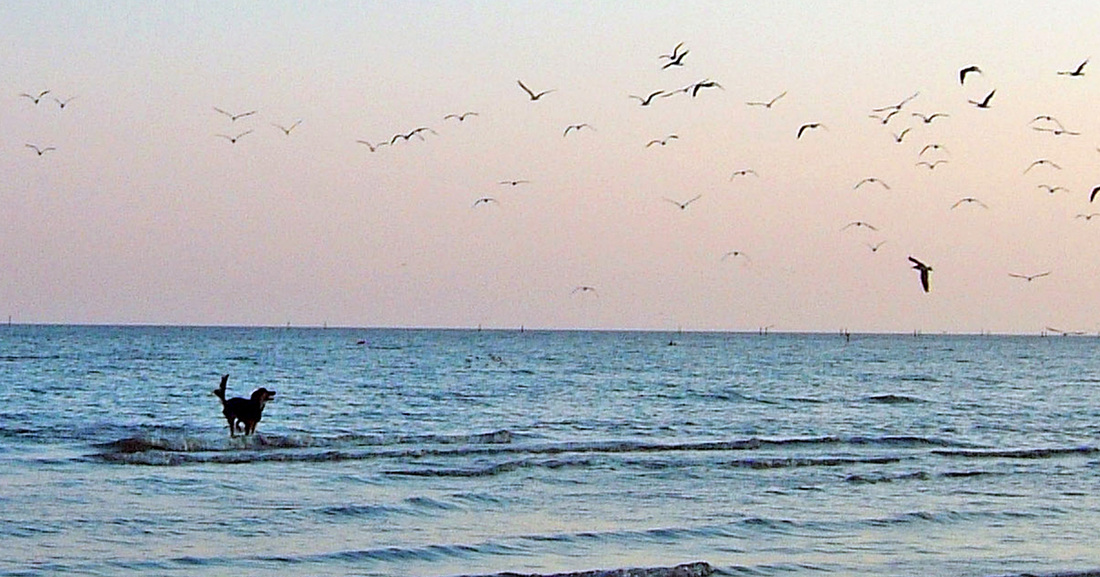

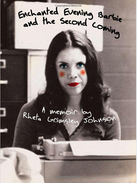
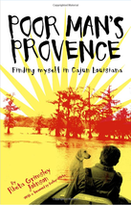
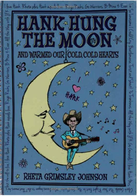

























 RSS Feed
RSS Feed























